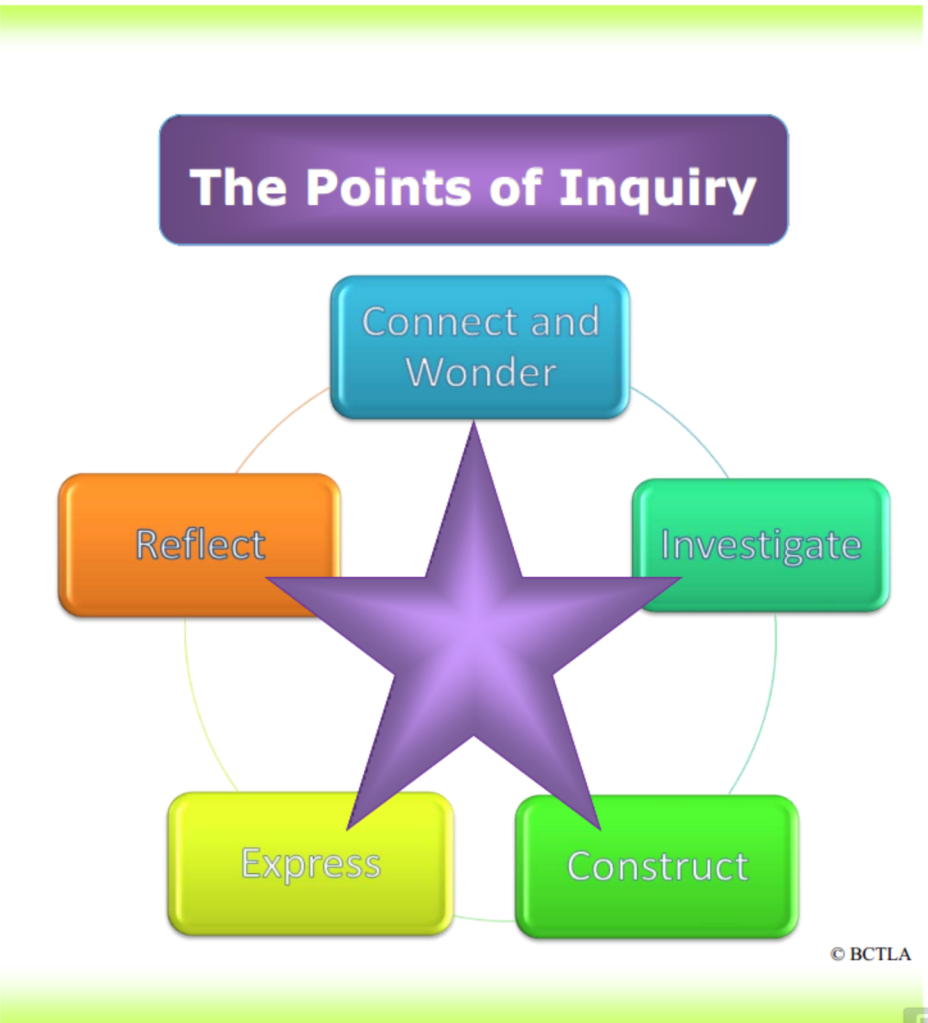Knowing How to Learn: Why is information literacy so important
“Those who have learned how to learn. They know how to learn because they know how knowledge is organized, how to find information, and how to use information in such a way that others can learn from them” (American Library Association, 2006)
This quote reminded me of a book I read several years ago by Will Richardson called ‘Why School?’. Richardson (2012) discusses how “the illiterate of the 21 century will not be those who cannot read and write. The illiterate will be those who cannot learn, unlearn, and relearn”. Teaching Information literacy is absolutely essential for this generation of students who will eventually be using technology that we can’t even fathom or understand how it will work. The CASL (2003) says that the major learning outcome for school libraries should be to develop students who are information literate and in doing so, children will be “literate citizens, lifelong learners, and contributing adults in a learning society” (CASL, 2003). Riedling (2019) says that for students to be truly information literate in today’s society, they need the ability to inquire, think critically, draw conclusions, share information, and apply their knowledge to new situations.
Skills of a Learner:
I am borrowing the terminology from the BCTLA’s Points of Inquiry Model to define the essential skills of a learner.
- Connect and Wonder – students need to be able to identify their problem or question and create a plan to solve it or answer it.
- Investigate – students need to be able to assess different resources, determine which ones are suitable and which ones are not, and revise their question in needed.
- Construct – Students need to be able to read, view, or listen to their resources, analyze the information, look for patterns, make connections, and check for understanding. Students should be able to organize and sequence their learnings in a meaningful way.
- Express – Students need to be able to share their learning with a select audience in a meaningful way, prepare the final results, and act on their findings.
- Reflect – Students need to evaluate the process, ask what went well? And what should have been done differently? Students should also be able to determine if their problem/question was solved/answered.
What are the Challenges?
Developing the skills of information literacy through the use of inquiry is not an easy task to teach or learn. Some students come ready to be independent learners while most others need help every step of the way. Teaching students to regulate their own learning is absolutely essential in the process of teaching information literacy. Most students are not suddenly self-directed, organized, and literate enough to make sense of all the people and information online – or savvy enough to connect and build relationships with others in safe, ethical, and effective ways. Access alone, doesn’t grant the ability to stay on task when we need to get something done. Our students also need a growth mindset that allows them to view themselves as learners who can persevere through challenges and frustrations. The following infographic shows the mindset some of our learners have. They have a fixed mindset that makes it extremely difficult to progress through the steps needed in developing information literacy skills. Explicit teaching of growth mindset skills and independent learning skills are essential for students who struggle in this area.
“No matter how often we dub our kids “digital natives,” the fact is they can still use our help to do those things and more if they are to thrive in the abundance of their times” (Richardson, 2012). This is why the role of the TL in teaching information literacy is so crucial. A TL must teach and guide students through the excessive amounts of information, helping them navigate it, evaluate it, and analyze it. The TL must teach growth mindset, goal setting, and self-regulated learning strategies. Riedling (2019) says that libraries play an essential role in fostering information literacy through the process of inquiry which involves providing information, direct instruction, and constant guidance.
Some Resources to Support Teacher Librarians
- CIVIX – Information Literacy – Lessons covering key digital media literacy concepts for Elementary and Secondary classes
- BCTLA’s Points of Inquiry Resource Website – Elementary, Middle, and Secondary planning resources for using the Points of Inquiry Framework in your school.
- Digital and Media Literacy (by Media Smarts) – lessons and activities that teach digital and media literacy
- Reading Rockets: Teaching Information Literacy Skills – ideas of how to get started on teaching Information Literacy
- Super 3 For Kids! – slideshow describing this simplified model of the Big6 Problem Solving Process for younger children
- The Big6 Website – promoting the Big6 Model, approach, and program to promote lifelong information problem-solving skills
- Our Virtual Backpack – Digital Citizenship Lessons – lessons arranged by grade and age teaching digital and information literacy
- Our Virtual Backpack – Safe Research – shares safe resources for students to use to do research
Works Cited
Canadian Association for School Libraries (CASL) 2003. Achieving Information Literacy Standards for School Library Programs in Canada. Retrieved from http://accessola2.com/SLIC-Site/slic/ail110217.pdf
Richardson, W. (2012). Why School? How Education Must Change when Learning and Information are Everywhere (eBook). TED Conferences. Retrieved from http://www.amazon.ca/Why-School-Education-Information-Everywhere-ebook/dp/B00998J5YQ
Riedling, A.,& Houston, C. (2019). Reference Skills for the School Librarian: Tools and Tips (4th ed.) (p. 118). ABC-CLIO. Kindle Edition.
